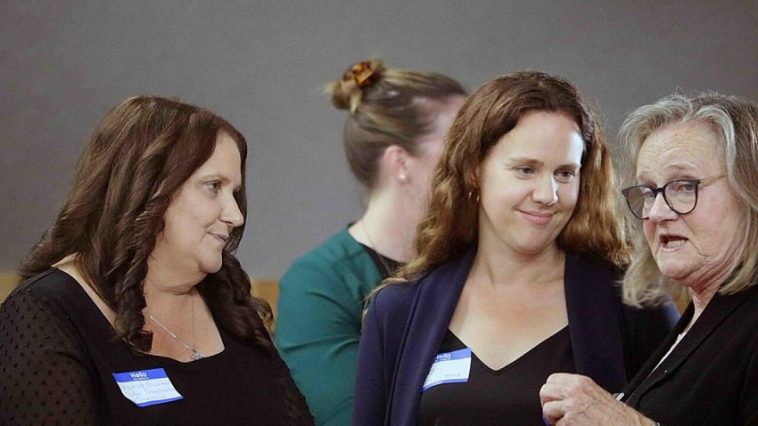Missoula, MT – As the City of Missoula continues its efforts to combat homelessness, local officials are navigating a complex landscape of increasing demand for services and tight funding. Housing advocates gathered Wednesday to present the latest Houseless Programs Update, underscoring the critical role of the city’s shelters, its partners, and the initiatives it supports. Despite these efforts, significant funding gaps remain, threatening the continuity of several programs.
One of the most pressing issues is the future of the Johnson Street Shelter, which currently operates under a two-year contract with $1.8 million in joint funding from the city and county. While the shelter has been instrumental in housing many individuals experiencing homelessness, the funding expires at the end of the fiscal year, and the second year of the contract is contingent on additional funding allocations. Emily Armstrong, the city’s health and programs manager, highlighted that the shelter’s operations are at risk unless more state or local funding is secured.
Since opening its doors in September, the shelter has provided temporary housing for 559 unique individuals, with nightly populations ranging from 97 to 208 people. On average, 151 people seek shelter each night, and those numbers fluctuate with temperature changes and the time of month. While the need for the shelter remains high, officials worry that future funding cuts could jeopardize its operations.
The city partners with the Poverello, a nonprofit organization, to manage the shelter, and recently tasked the organization with tracking the shelter’s occupants and their transitions to housing or treatment. According to the data, 20 individuals left the shelter in September, 10 in October, 13 in November, and six in December. The Poverello’s executive director, Jill Bonny, emphasized the importance of the shelter and its outreach programs in supporting individuals experiencing homelessness. She also expressed gratitude for the shelter’s availability, especially with the high number of people served this winter.
In addition to the shelter’s operations, calls for service near the facility have remained steady. Police Chief Mike Colyer noted that 397 incidents occurred within 1,000 feet of the shelter in the final quarter of 2024. These incidents included theft (74 cases), trespassing (31), and suspicious activity (30). Colyer stressed that the proximity of these incidents to the shelter is more a reflection of geography than a direct correlation between shelter residents and the reported offenses.
The city also provides significant funding to the Poverello’s operations at its West Broadway location, contributing $211,000 annually to support outreach efforts. Furthermore, the city has allocated $70,000 to develop a new strategy to address homelessness. These initiatives are part of a broader effort to address the crisis, but funding remains one of the greatest obstacles to long-term success.
The city has also recently celebrated success in addressing veteran homelessness. A housing sprint initiative, which focused on finding stable housing for homeless veterans, resulted in 12 veterans being housed within 60 days. This accomplishment has provided officials with data to support future initiatives, as they continue to look for sustainable funding options for homelessness programs. Armstrong noted that as the city approaches the new fiscal year and begins crafting its budget, it will focus on programs that show measurable success while rethinking those with limited impact.
“We’re working on finding sustainable funding to make that possible,” Armstrong said. “Data is how we can make decisions we know and trust.”
As the city moves forward, the balance between providing necessary services for those in need and securing sufficient funding will be key to Missoula’s ability to maintain its efforts against homelessness. While programs like the Johnson Street Shelter have demonstrated success, their future remains uncertain unless new funding sources are identified.



